Panel discussion in cooperation with the University Library, the History Department of Osnabrück University and the Volkshochschule Osnabrück, featuring
Moderator
Dr. Tobias Pischel de Ascensão, Volkshochschule Osnabrück
Around the world, institutions dedicate themselves to keeping alive the debate on the crimes against humanity committed in the 20th century. Remembrance and historical work on the Shoah and the Second World War faces old and new challenges: How can information be conveyed when there is no one left to give an eyewitness account? How can society foster and sustain the interest of future generation(s)? How can we deal with political influence, and with nationalist or revanchist tendencies? What do the experiences from the “Age of Extremes” mean today and in a globalized world? The guests of Osnabrück Peace Forum discussed these issues and other questions concerning the past and the future of the culture of remembrance. The forum was held to mark the end of the exhibition “The Maly Trostenets Extermination Site: History and Remembrance” and its accompanying program.
January 8, 2020, 7 pm, lecture hall in the Library Building of the universities at Westerberg, Nelson-Mandela-Platz 1
Picture gallery
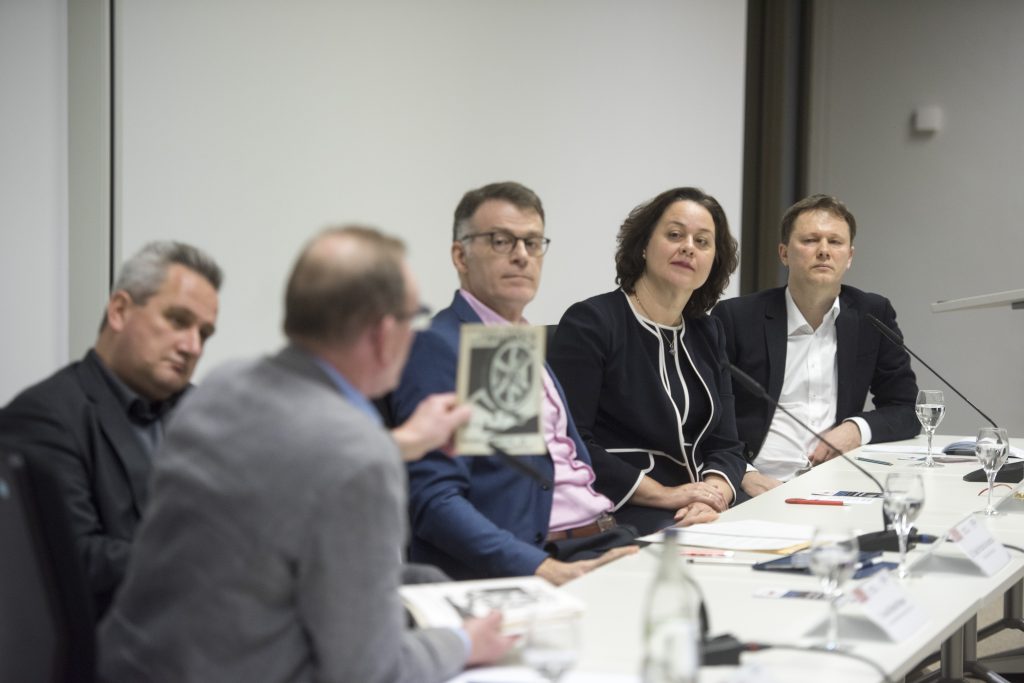
Diskussion auf dem Podium, © Osnabrücker Friedensgespräche | Uwe Lewandowski 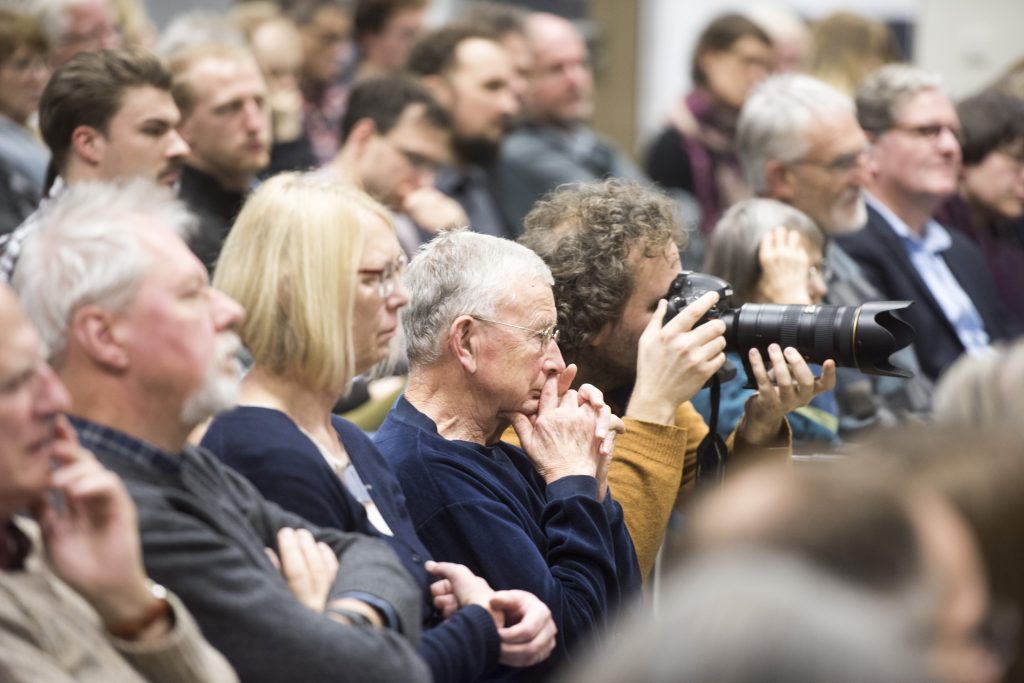
Zuschauer, © Osnabrücker Friedensgespräche | Uwe Lewandowski 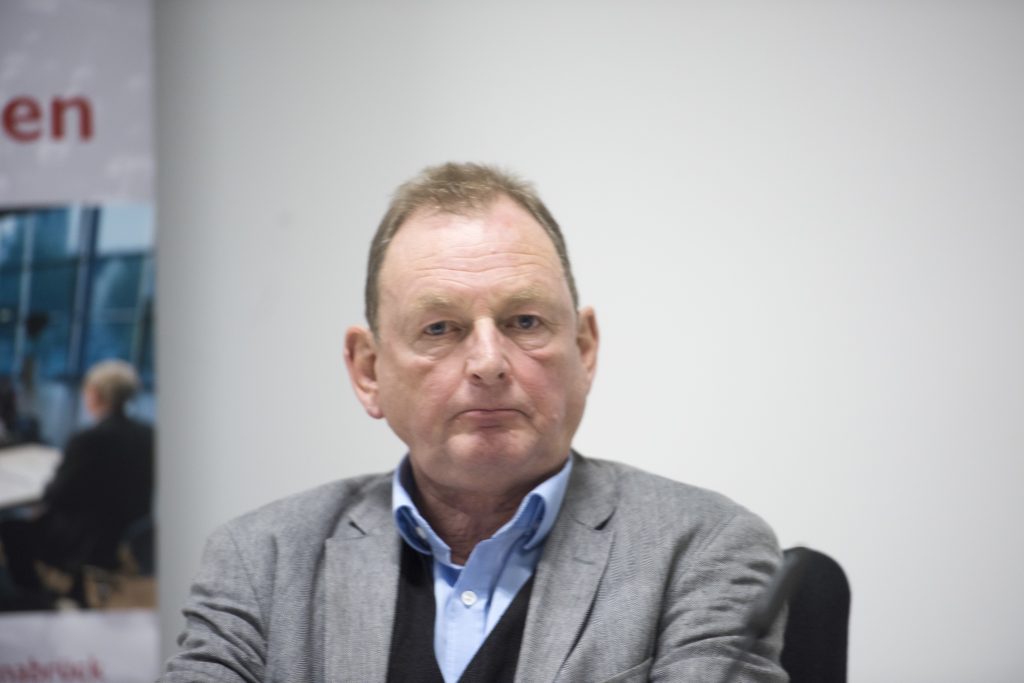
Dr. Carl-Heinrich Bösling, © Osnabrücker Friedensgespräche | Uwe Lewandowski 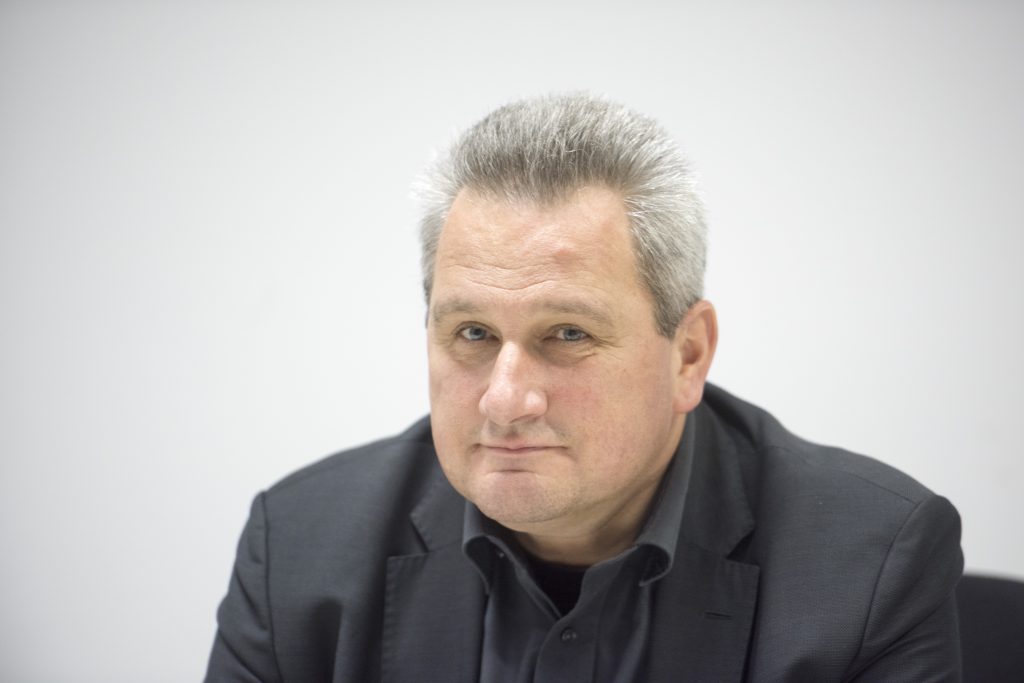
Dr. Jens-Christian Wagner, © Osnabrücker Friedensgespräche | Uwe Lewandowski 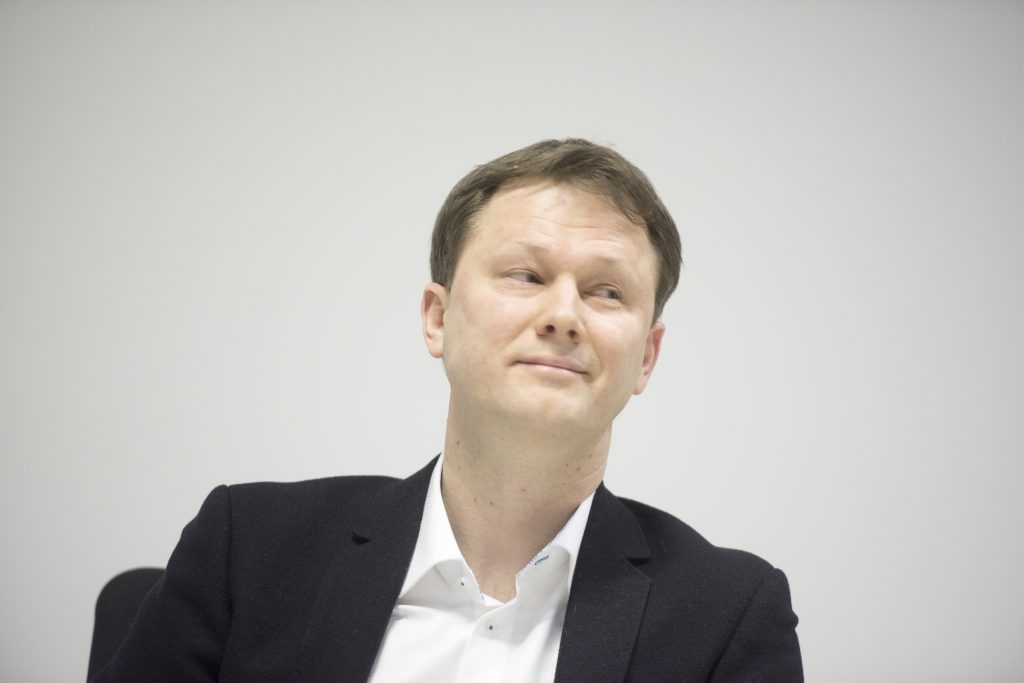
Dr. Aliaksandr Dalhouski, © Osnabrücker Friedensgespräche | Uwe Lewandowski 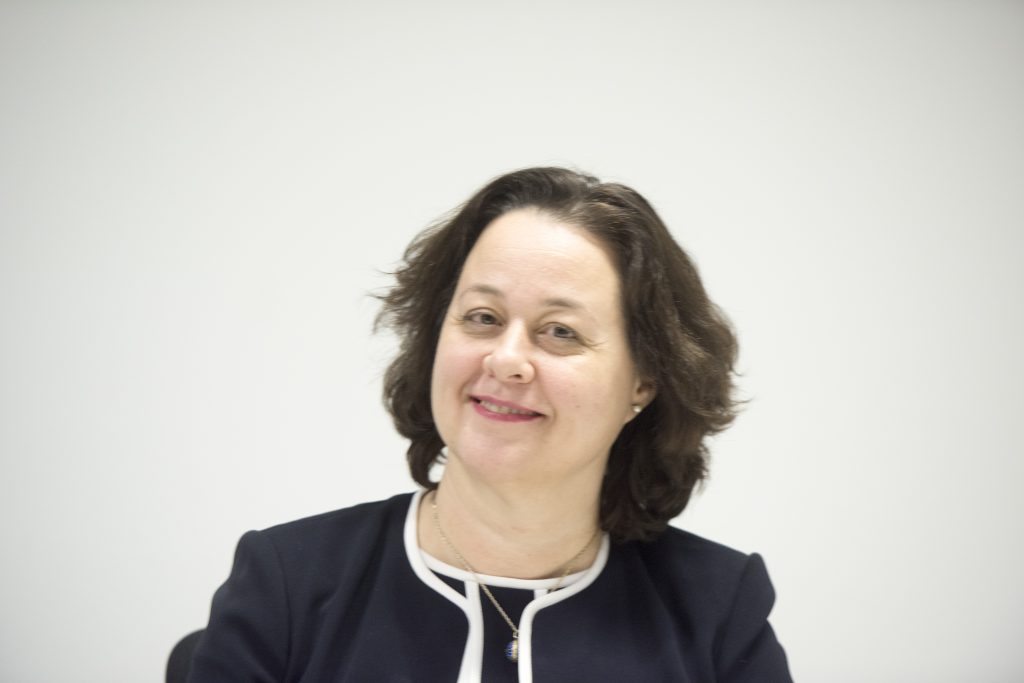
Prof. Dr. Kerstin von Lingen, © Osnabrücker Friedensgespräche | Uwe Lewandowski 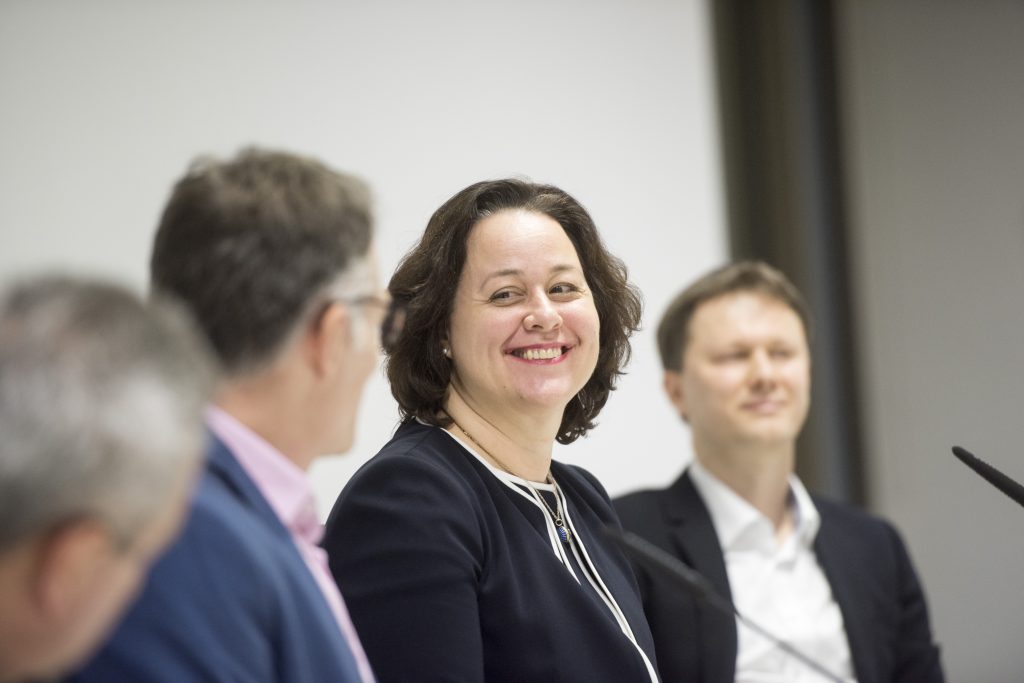
die Podiumsteilnehmenden, © Osnabrücker Friedensgespräche | Uwe Lewandowski 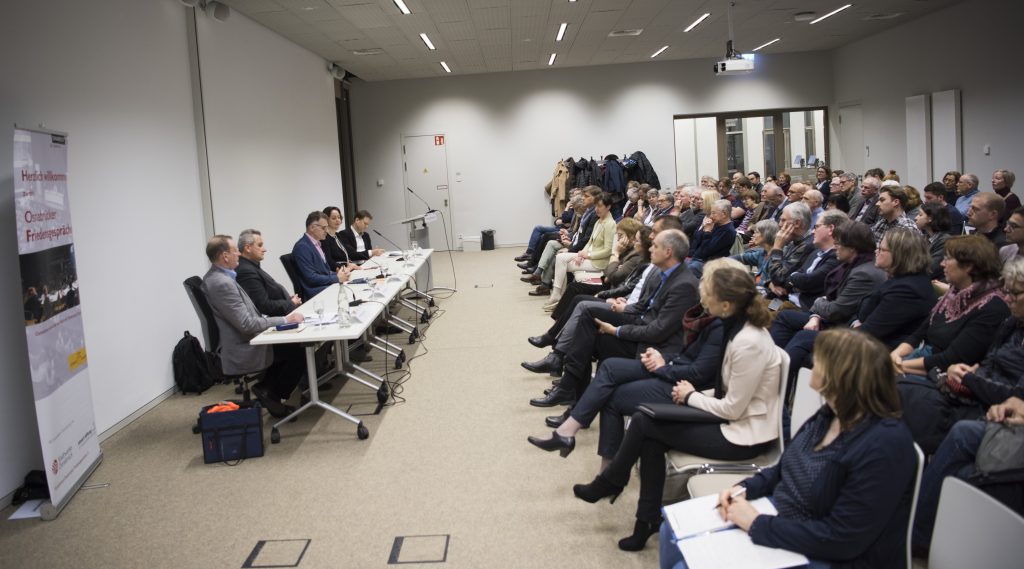
Veranstaltungsraum, © Osnabrücker Friedensgespräche | Uwe Lewandowski
© Osnabrücker Friedensgespräche | Uwe Lewandowski




